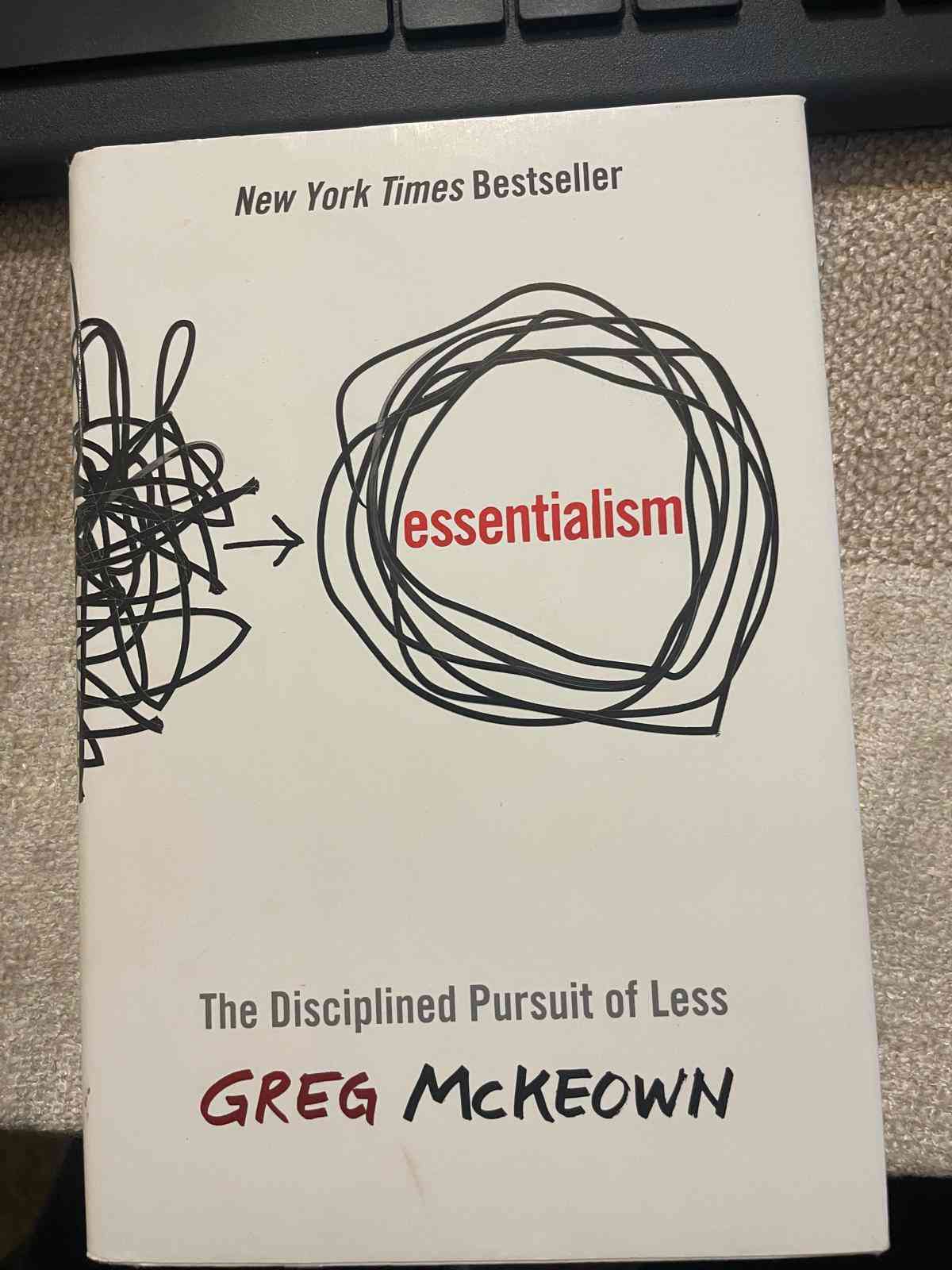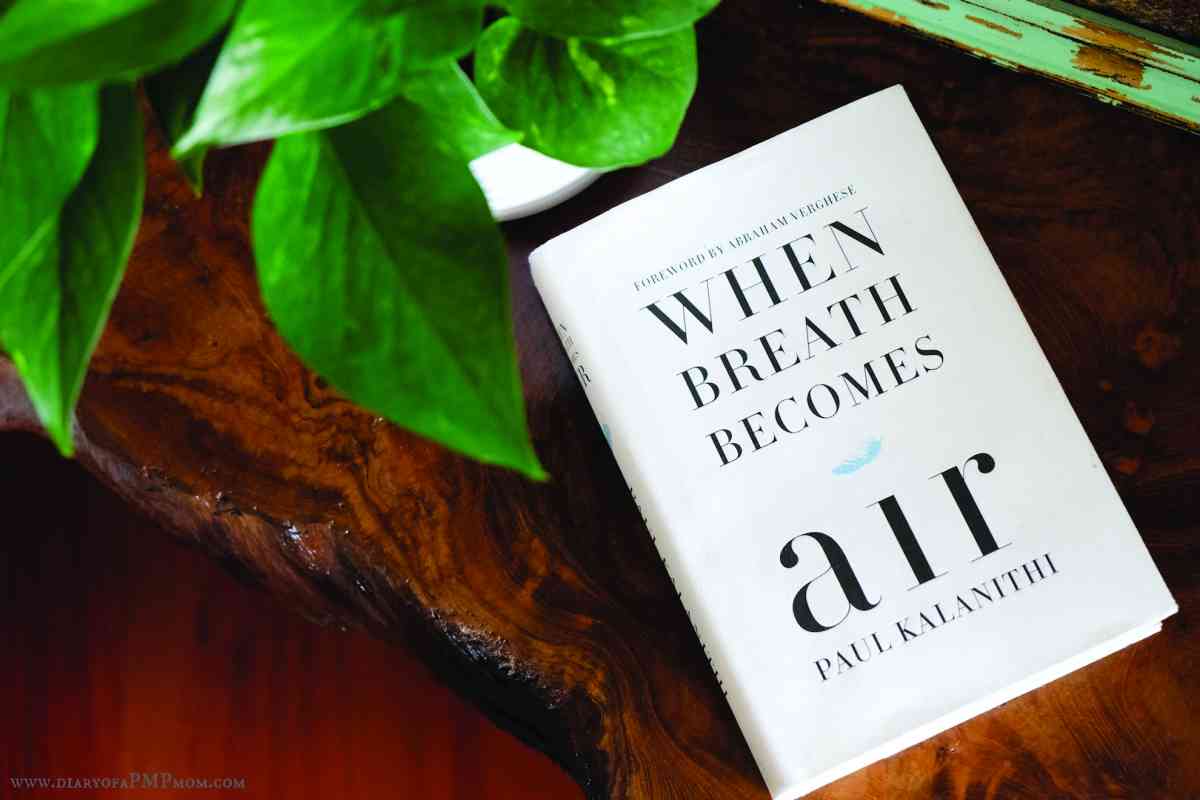
TO put it shortly: discerning the vital few from the trivial many. Perhaps that is the greatest task that we find ourselves enraptured by, how can we meaningfully choose what is worth our time, and what isn’t?
This is the internal tug of war that Greg McKeown captures, and addresses in his book, Essentialism: The Disciplined Pursuit of Less.
Living in the era of information, coupled with the plethora of responsibilities that our daily lives demand from us, creates a proverbial balancing act of sorts, and we are not always sure of where or what to draw our attention to.
Published in 2014, the book captures the perils to our focus and energy, often encouraging the reader to view these two resources as just that—precious resources.
This being the case, there is mindfulness, and intentionality that is required in discerning what is deserving of our focus, and our energy. The way of the essentialist is a kind of philosophy, an approach to living. It is a culture that one adapts to in every facet of life. This culture can best be described as a process of constant evaluation and qualification of options, experiences, and situations.
These processes require a measure of self-awareness, being present in one’s own life in order to make the decisions meaningfully.
To put it in the words of McKeown, “The way of the Essentialist means living by design, not by default”.
In the times we are living in, the realms of possibility are ever-expanding, and with this expansion has come the gnawing pressure to expend ourselves fully into as many territories as we can, clawing at each opportunity that presents itself.
And many times, we do so because of fear; fear of losing out on the ‘once-in-a-lifetime’ chance, fear of being left behind, fear of being unseen, or perhaps the fear of being seen.
And so, we hide. We hide behind all of the never-ending pursuits, tasks, and work.
We pursue the superfluous, we chase the irrelevant, and find ourselves depleted, unsure of when or how we lost the plot.
In addition to that, as a society, we are primed and socialised for ‘more’.
Chasing more, becoming more, and being more. The weight of achieving this ‘more’ can be crushing.
The book challenges our prevalent culture of more by insisting, “The way of the Essentialist is the relentless pursuit of less but better”.
It provides strategies, and tools for the reader to use in gaining a better understanding of what matters, and what does not, because what you do not do, is just as important as what you do.
That discernment is a critical skill in separating the essential tasks from the non-essential ones that present themselves before us daily. This prioritisation allows for increased productivity, and better time management.
The second step after determining what is essential, is pursuing it. Actively imploring your internal and external resources towards the ‘big picture’ of what is vital to you.
This ‘big picture’ may be personal goals you want to achieve, educational opportunities you want to pursue, or returning to the core values of the organisation you lead.
You may find as you read, and search within yourself that what matters most to you does not necessarily align with what you have been pursuing.
If you make this realisation, resist the urge to be mournful over the time and resources lost, and resolve to course-correct.
Essentialism is a great tool in guiding the reader back to their true north. What mattered most before all of the responsibility? What matters now in the midst of the chaos?
For corporate executives that are immersed in a VUCA environment, the book’s principles can assist in helping make effective, and strategic business decisions that are in alignment with the organisation’s core values.
For industry professionals who find themselves tied down by a myriad of responsibilities, Essentialism will be a useful guide in recognising and eliminating non-essential tasks in the workplace, thus promoting more sustainability and reducing burnout.
The book would also benefit those in positions of leadership, as it helps them —and by extension, their team — to hone in on their personal, or professional vision.
Throughout the text, the inevitable question one finds themselves asking is what matters? If you find yourself in this position at all, this book would be a useful resource to you in your journey of returning to yourself, in whatever form that takes.
If you are looking to distill your personal development further, a manic over-achiever that juggles all of the curveballs they are thrown at by life, a novice at life, like I was when I read the book for the first time, or just curious about alternative ways of living and being, I had recommend it to you.
It is not an all-encompassing guide to achieving impenetrable peace, hardly any book is, but it is an excellent starting point for anyone who wants to take charge of the life they feel they have lost control over.
And as you turn its pages, be open to returning to what matters most.
- Chambeni is a fourth year English and Communication student at Solusi University. Passionate about writing, personal development, human behaviour and relationships, she endeavours to make a meaningful impact in the world, one article at a time. — [email protected]. LinkedIn: Ashleigh Rutendo Chambeni.
- She writes here as a member of Trevor's Book Club
- https://chat.whatsapp.com/F2h5l5nq7oqCMULq4njyDs











